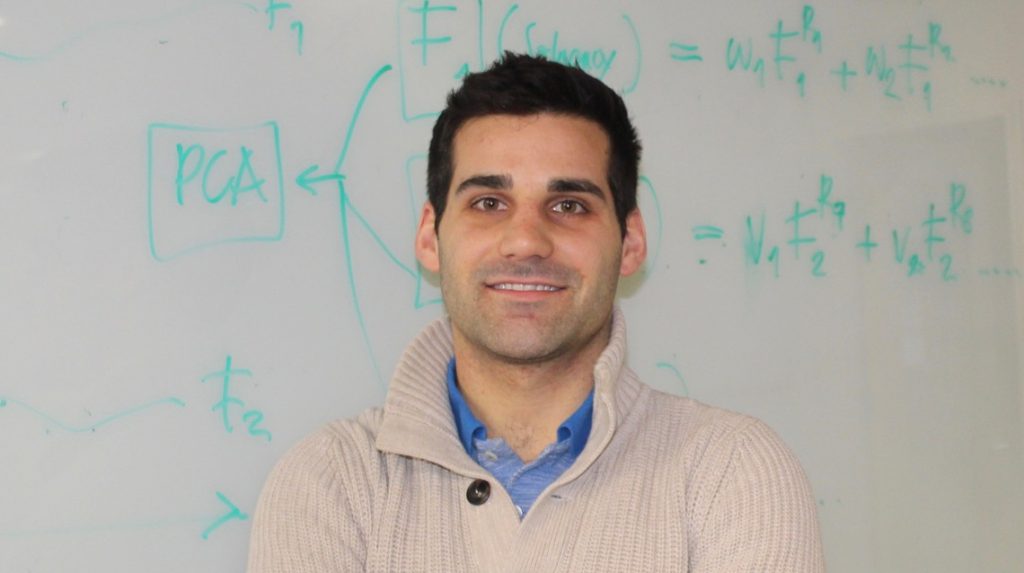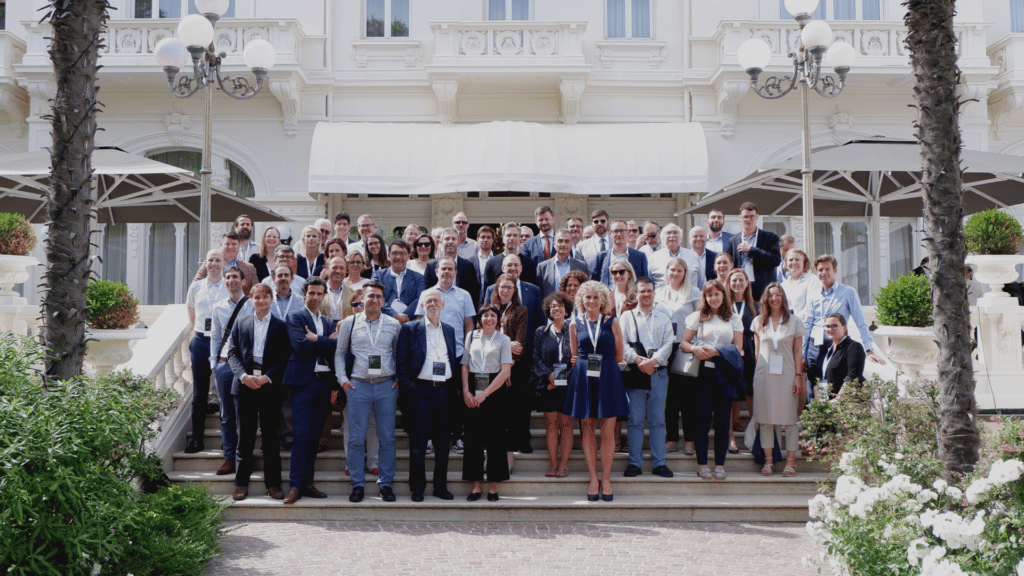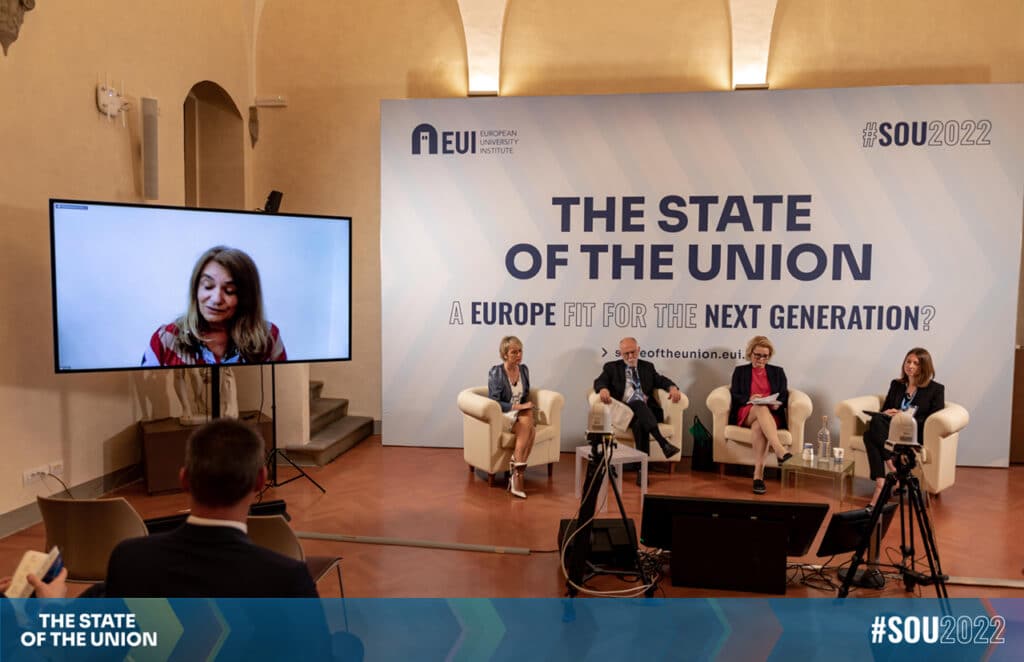Bieri, D., Franzi, S.*, Simundza, D. “Regulatory Networks in the US Blockchain Industry”
The paper “Regulatory Networks in the US Blockchain Industry” (Bieri, D., Franzi, S., Simundza, D.) will be presented at the 7th Conference on the Regulation of Infrastructures (21-22June, 2018).
ABSTRACT
This paper analyzes the network structure of regulators of the blockchain fintech in- dustry in the United States. One of the innovative features of the blockchain is that the technology is both a process and infrastructure, and as a consequence of this duality, there is significant uncertainty over its future regulation. Therefore, one important question this research addresses is: who is going to regulate the blockchain, and fintech more gener- ally? We examine existing blockchain companies and their regulators through a sample of member firms of two prominent blockchain consortia— R3 and Hyperledger. We use the companies’ self-reported data on regulators to generate and analyze the regulatory net- work, extending the the layered interbank lending model of Craig and von Peter (2014). We classify the various entities in the US federal regulatory ecosystem into five categories, i.e. federal regulators, federal reserve system, self-regulatory agencies, state regulators, and private regulators. Our network of regulators is compact and dense, with many fed- eral, state, and self-regulatory groups exhibiting a high degree of connectivity. The results of the econometric model show the regulators are tiered in a core-periphery structure, with the core composed, as we might expect, mainly of federal regulators and regional federal reserve banks, but also, surprisingly, some state and self-regulatory bodies.
The presentation is available here.
ABOUT THE AUTHORS
Simone Franzi is a doctoral student in the School of Public and International Affairs and a research assistant at the Global Forum on Urban and Regional Resilience at Virginia Tech, USA. He studies the political economy of trade and finance, in particular the impacts of preferential trade agreements to governance infrastructures, decentralization of power, and political authority at different regulatory and jurisdictional levels. He is also interested in blockchain and the impacts of innovations to regulatory infrastructures. His current research focuses on the effects of distributed ledger technology for the geography and regulation of the financial industry. His previous works at the Institute of Political Science of the University of Bern, Switzerland, focused on conceptualization of trusts and empirical measures of trustworthiness as well as the impacts of natural resources to international cooperation.
*presenting author






